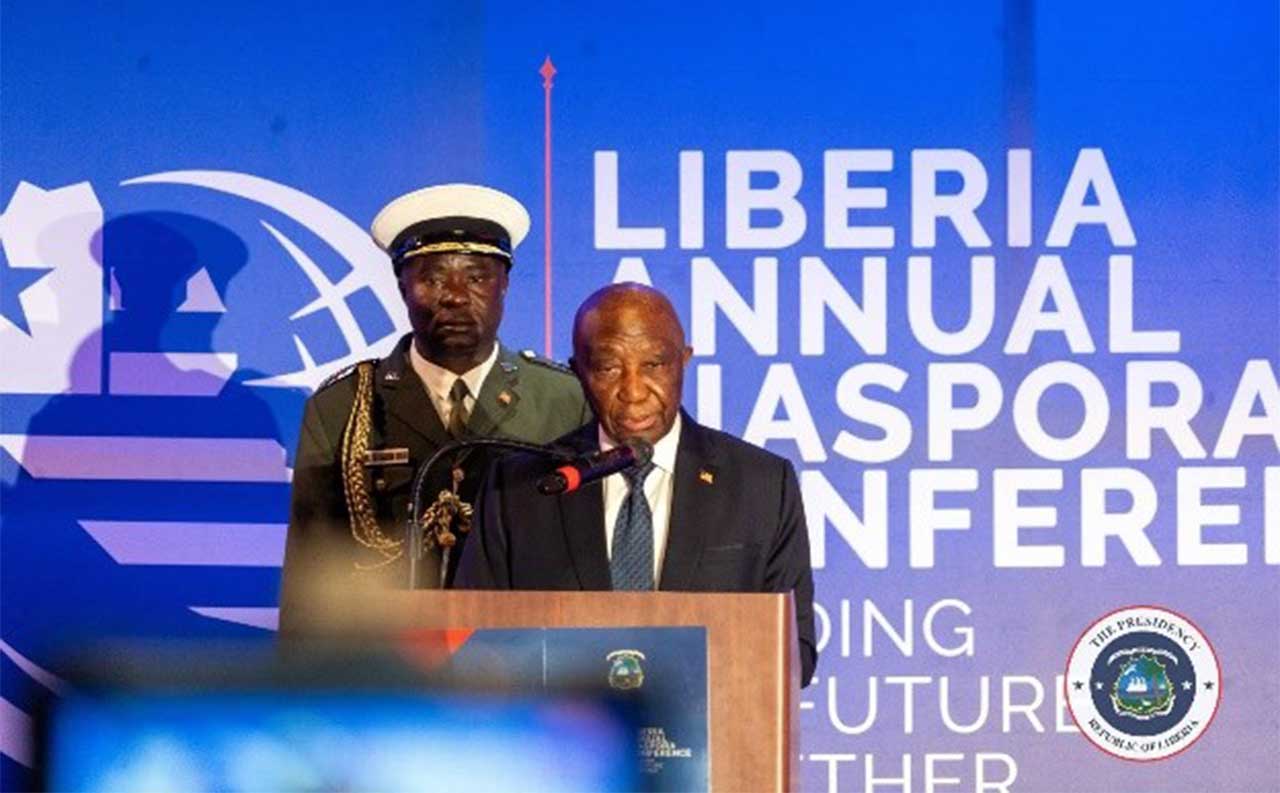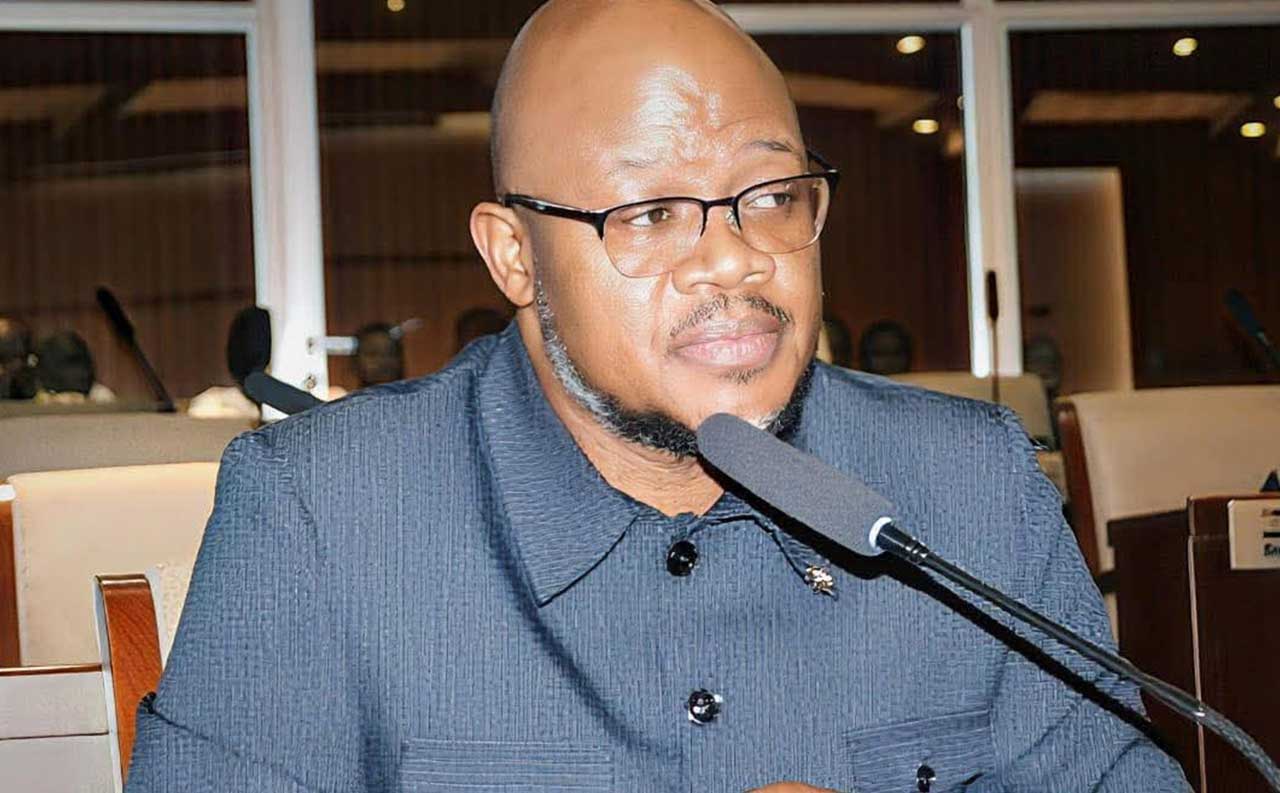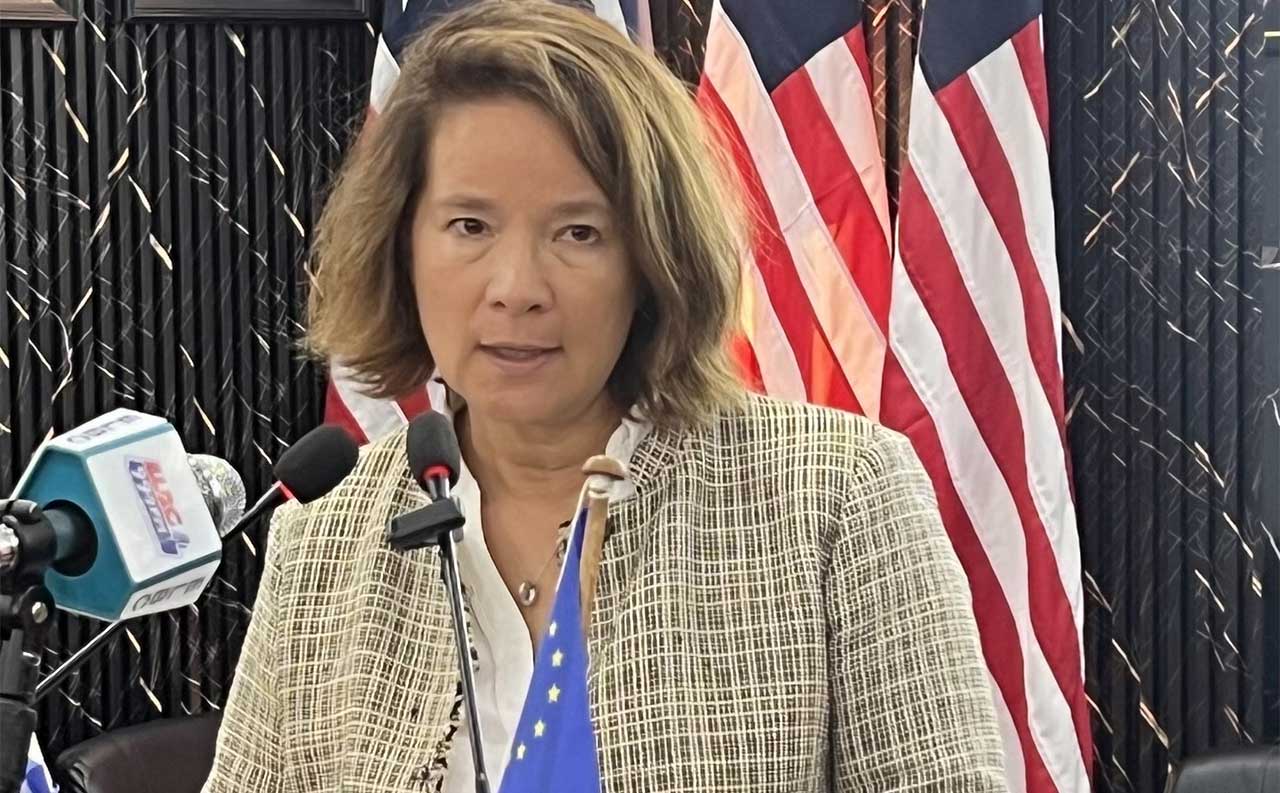Amid many challenges facing the country, President Joseph N. Boakai has admitted that the current crises of Liberia are deeply rooted in governance. Speaking during the launch of the first-ever Liberia Annual National Diaspora Conference on Friday, September 26, 2025 in the United States of America under the theme: “Building the Future Together,” Boakai said it is easy for an observer of the Liberian society to see that many of the country’s problems are fundamentally linked to governance, adding that governance should no longer be a privilege for a select few, but a responsibility for everyone.
“The days of benevolent leadership are gone. A small number of people unjustly and personally use the institutions of the state to amass and control wealth at the expense of the majority in society. We must continue to embark on reforms that give voice and power to citizens in all counties and communities,” he said. The Liberian leader narrated that Liberians must move beyond Monrovia-focused-decision-making and embrace decentralized, participatory governance; thus, his administration is committed to fast-tracking constitutional reforms including decentralization, local government empowerment, and improved service delivery.
The President explained that good governance requires accountability, transparency, and respect for the rule of law. “It must lead to a strong, capable state that serves all its people without discrimination or favoritism. In this light, a key government initiative, the Performance Management and Compliance System, underscores the Government of Liberia’s commitment to fostering a culture of accountability, transparency, and performance excellence in public service,” Boakai said.
On the issue of economic transformation, the President explained that with over a third of the population living in poverty and a long history of rural neglect despite abundant resources, it calls for a major rethinking of how they do business and organize society. According to him, the economy must be inclusive and work for everyone, stating that Liberia remains a predominantly agricultural society with vast natural resources.
“Yet, our development model has historically prioritized commodity extraction over inclusive growth. We need to reconsider the concession regime and focus on adding value, promoting local ownership, and investing in agriculture, where the majority of our people especially women and youth are actively engaged,” he stated.
However, Boakai called on Liberians home and abroad to replace growth without development with growth that delivers development. He said that the irony is, while commodity extraction has supported the economy over the years and contributed to increased growth, such growth has been unequal because the nation has not reinvested profits from development to benefit the majority of our people. The President narrated that by reinvesting revenue into infrastructure, health, education, and job creation, “we can reduce poverty and build a more equitable society.”



